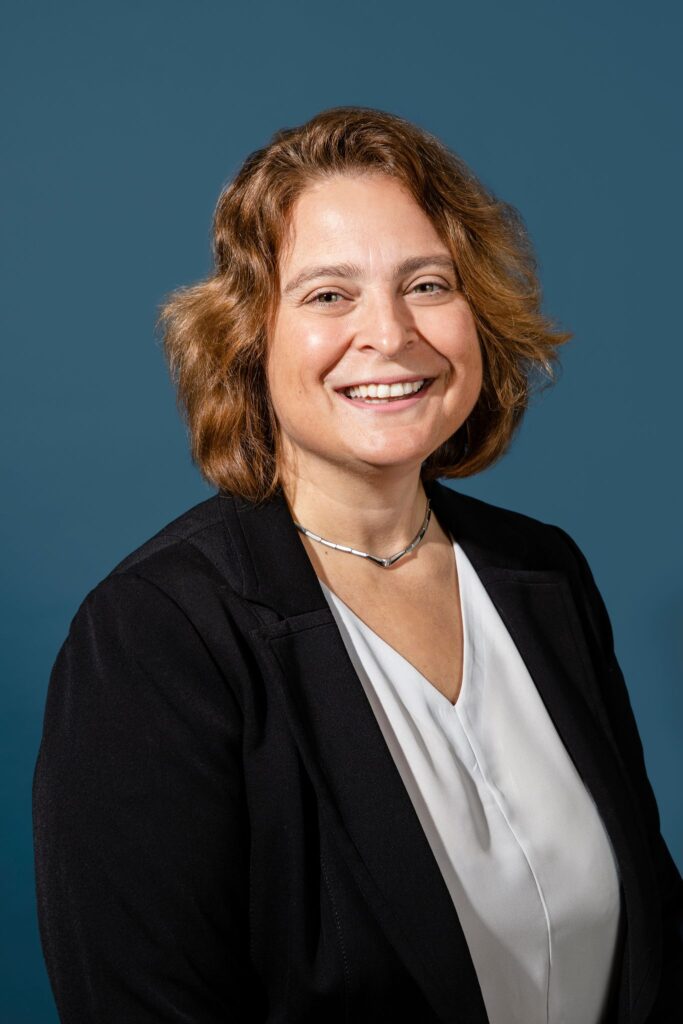Meet our team
Leadership

Pinar Karaca-Mandic, PhD
Chief Executive Officer
Dr. Pinar Karaca-Mandic (she/her/hers) is the C. Arthur Williams Jr. Professor in Healthcare Risk Management in the Department of Finance, and the Founding Director of the Business Advancement Center for Health (BACH). She is also a Research Associate at the National Bureau of Economic Research (NBER), in Health Economics and Healthcare programs.
As a health economist, her vision is to improve “value” in healthcare. Guided by this vision, her research made contributions to the literature in four key areas to understand: 1) Value and diffusion of medical technologies; 2) Uptake of clinical guidelines and response to evidence on safety and effectiveness; 3) Access and affordability of healthcare and role of health insurance marketplace; 4) Assessing competition, frictions and their impact in quality and costs.
Dr. Karaca-Mandic has published over 120 manuscripts in leading economics, medical and health policy journals, and her work has received external funding from the National Institutes of Health (NIH), the Agency for Healthcare Research and Quality (AHRQ), the U.S. Department of Health and Human Services (HHS), Robert Wood Johnson Foundation and American Cancer Society. In addition, she co-led the design of a nationwide grand prize-winning patient reported outcomes application, PRISM: Patient Reporting and Insight System from Minnesota (award by AHRQ) which was successfully piloted in nine clinics in MedStar Health.
In response to the pandemic, starting March 2020, she co-founded the University of Minnesota COVID-19 Hospitalization Tracking Project to collect and disseminate daily data on COVID-19 hospitalizations, ICU and ventilator use across all U.S. states and sub-state geographies (i.e. counties). The project has produced numerous publications, received 7 international and national awards, and several hundred major media acknowledgments.
Prior to joining the Carlson School faculty, Karaca-Mandic was Associate Professor of Health Policy and Management at the University of Minnesota’s School of Public Health. She holds a Ph.D. in Economics from University of California at Berkeley, and BA degrees in economics and mathematics (high honors), and a concentration in public policy from Swarthmore College.

David Haynes, PhD
Chief Technology Officer
Dr. Haynes is an Assistant Professor with the Institute for Health Informatics at the University of Minnesota. He is a broadly trained health geographer who uses cutting-edge spatial analysis methods to advance our knowledge of health and cancer disparities. He employs GIScience methods and big data tools to answer substantive research questions about disparities and whether dynamics of place (location and time) increases the prevalence of disease in specific sub-populations.
GIScience methods—spatial analysis, geocomputation, and geovisulization—are needed to communicate this knowledge to health researchers, practitioners, and broader communities.
Dr. Haynes received his Ph.D. in Geography from the University of Iowa. After receiving his degree, he worked as a high-performance spatial database developer at the Institute for Social Research and Data Innovation. Later, he began his postdoctoral work with the Program in Health Disparities, which is a joint program between the School of Public and Medical School, that focuses on Community Based Participatory Research. Here Dr. Haynes began his collaboration with the Minnesota Department of Health evaluating breast cancer screening rates for under-insured and uninsured populations. Currently, Dr. Haynes has broadened his research agenda to include lung cancer screening and Just-in-Time Adaptive Interventions for smoking cessation.